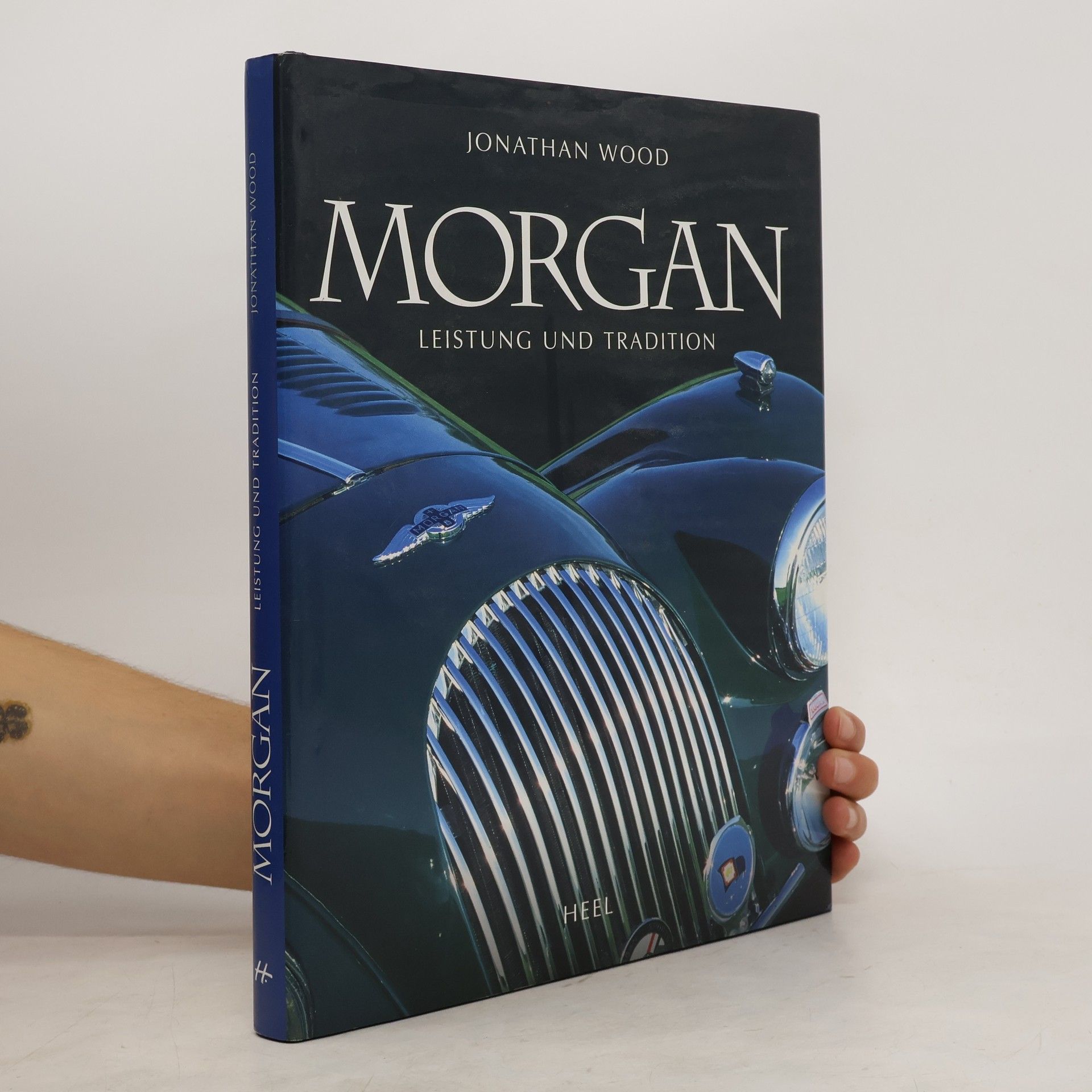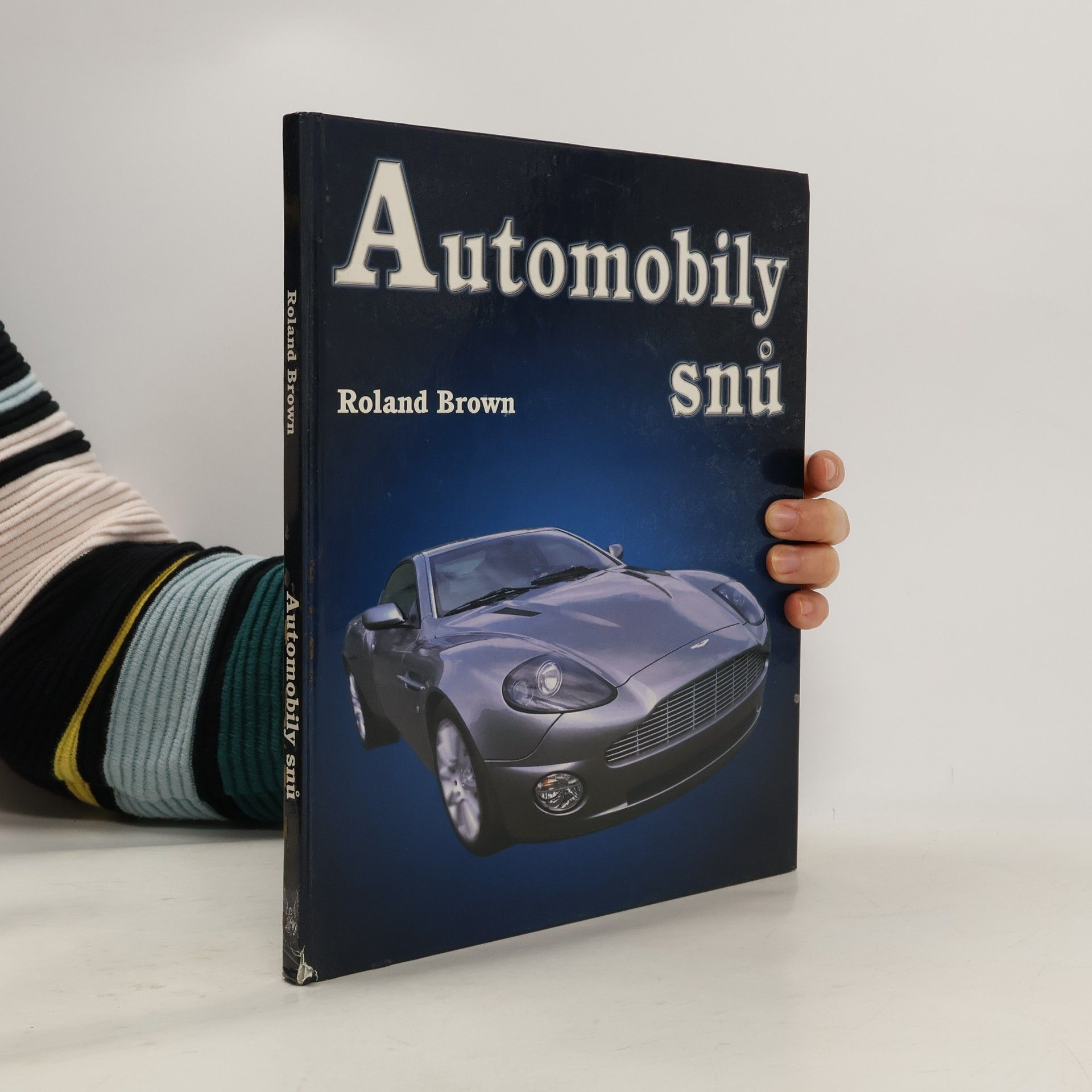Arthur Wallace and the MI37 team confront their personal relationships as well as robots created to aid the Nazi's invasion of Russia, leading to a trip for the team to the Himalayas, which takes them to a Nepalese death cult, then back to London for the final assault - amidst assorted relationship break-ups, hangovers and pregnancy scares.
Jonathan Wood Book order (chronological)






Anti-Hero
- 475 pages
- 17 hours of reading
When MI317 - the government department devoted to defending Britain from cosmic horrors and otherwordly threats - comes under attack, Arthur Wallace and his team begin a race from Area 51 to an Arctic town populated entirely by spore zombies to save the world and halt the destruction of humanity.
No Hero
- 384 pages
- 14 hours of reading
Barnes and Noble listed No Hero as one of the 20 best paranormal fantasy novels of the last decade - now available in mass market paperback! "What would Kurt Russell do?" Oxford police detective Arthur Wallace asks himself that question a lot. Because Arthur is no hero. He's a good cop, but prefers that action and heroics remain on the screen, safely performed by professionals. But then, secretive government agency MI12 comes calling, hoping to recruit Arthur in their struggle against the tentacled horrors from another dimension known as the Progeny. But Arthur is NO HERO! Can an everyman stand against sanity-ripping cosmic horrors?
Another day, another zombie T-Rex to put down. All part of the routine for Arthur Wallace and MI37 - the government department devoted to defending Britain from threats magical, supernatural, extraterrestrial, and generally odd. But a zombie T-Rex is only the first of Arthur's problems, as Russian cyborg wizards threaten his life...
The Citroen
- 32 pages
- 2 hours of reading
Perhaps the most charismatic of French marques, Citroen was established in 1919 by the brilliant, mercurial Andre Citroen. In 1934 Citroen introduced the Traction Avant model, which became one of the most famous designs in automobile history. In 1948, on a similar theme, the idiosyncratic, two-cylinder 2CV appeared, a much-loved model with a distinctive roll-back roof; it was built until 1990. Then there were the elegant, futuristic DS, the luxurious Maserati-engined SM and the acclaimed XM. This edition brings the story up to date with the popular Xsara saloon, the Picasso compact multi-purpose vehicle and the commodious and comfortable C5. About the author Jonathan Wood is a founder member of the staff of Classic Cars, the magazine which gave its name to the movement. He has written some 35 books and has a particular interest in French cars. Other titles for Shire by this author are: The Bean Austin Seven The Volkswagen Beetle The Bullnose Morris Classic Cars The Model T Ford The Rolls-Royce
De ultieme geschiedenis van snelle auto's
- 320 pages
- 12 hours of reading
Overzicht in woord en beeld van 1945 tot 2004.
Einst gegründet von Henry Frederick Stanley Morgan, ist die Firma Morgan heute der älteste Fahrzeughersteller der Welt, der sich noch in Familienbesitz befindet. Einmalige Fotos und seltenes Archivmaterial dokumentieren die Geschichte dieses traditionsreichen englischen Unternehmens. Von den Anfangsmodellen bis in die heutige Zeit werden alle Modelle bis hin zum umstrittenen Aero 8 ausführlich und detailliert vorgestellt. In jedem Kapitel finden sich die technischen Daten des jeweiligen Typs und eine Modell bezogene Kaufberatung gibt Tipps für den Gebrauchtwagenkauf. Ein besonderer Schwerpunkt gilt der Sportgeschichte der Firma Morgan. Letztendlich werden auch alle bei Morgan verwendeten Motoren in einem separaten Kapitel vorgestellt. Mit der Fülle an Informationen in Bild und Text ist dieses Buch unverzichtbar für jeden Morgan-Enthusiasten.
The Ultimate History of Fast Cars
- 320 pages
- 12 hours of reading
Illustrated in full color, this book details the world's most memorable and magnificent fast cars.
Automobily snů
- 96 pages
- 4 hours of reading
Nejkrásnější, nejdražší, nejrychlejší a nejdokonalejší automobily 20. a 21. století. Špičkové výtvory předních světových automobilových návrhářů a výrobců.
Performance Cars
- 96 pages
- 4 hours of reading





